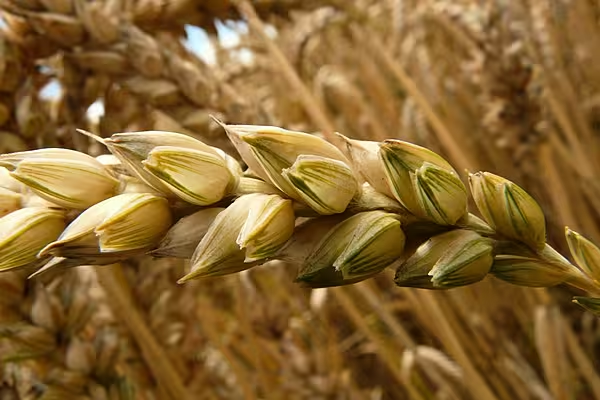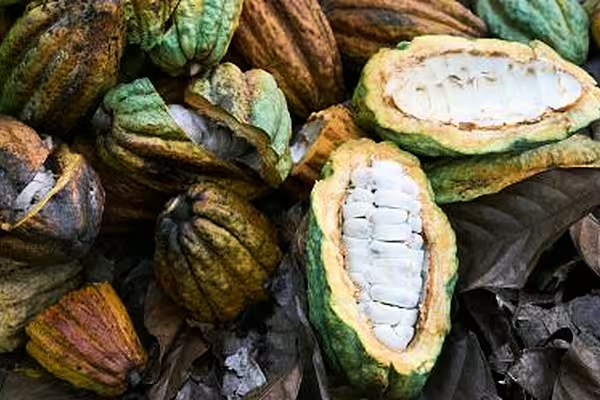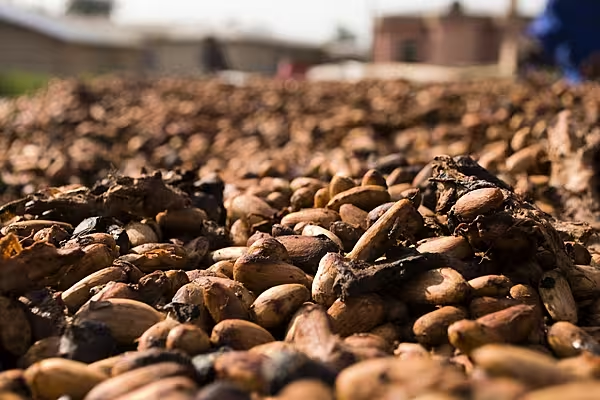U.S. wheat futures rose on Friday, bouncing after a four-day slide, as traders weighed the threat of a deep economic downturn due to the coronavirus epidemic against supply tensions in some exporting countries.
Corn extended a six-day drop and hit contract lows in several months, though losses were slowed by a rebound in crude oil, while soybeans weakened.
Chicago Board Of Trade May wheat was up 9 cents at $5.50-3/4 a bushel at 12:12 p.m. CDT (1712 GMT) but remained poised for a first weekly loss in three weeks.
May corn was down 4 cents at $3.29-1/2 a bushel, hitting a life-of-contract low for the most active month, while May soybeans lost 6-1/4 cents to $8.52-1/2. Both were on pace for weekly declines.
Wheat markets had retreated this week after climbing steeply in March on signs of extra food demand and moves by some countries to restrict exports in response to the coronavirus crisis.
Traders said there were signs demand had subsided, with higher prices and a stronger dollar seen denting U.S. export prospects.
Corn has been pummelled by dried-up demand for ethanol as crude oil slid to multi-year lows this week on diminished travel due to COVID-19 and disputes between Saudi Arabia and Russia. Oil markets have rebounded since Thursday, when U.S. President Donald Trump said he had brokered a deal on production cuts between Saudi Arabia and Russia.
'Accelerated Export Demand'
"It looks like we're alleviating the fall in the oil market, and we're not going to go to $10 a barrel," said Bob Utterback of Utterback Marketing. But he said corn gains may not be sustained without smaller harvests and accelerated export demand.
"To have any traction, you have to have a crude oil rally, the South American inventory needs to see dryness and we need Chinese buying. And you need some weather stress here," he said.
The U.S. Department of Agriculture (USDA) on Friday reported private sales of 567,000 tonnes of U.S. corn to China, mostly for shipment after the fall harvest.
Soybeans continued to feel headwinds from bumper South American harvests and muted export demand despite China's Phase 1 trade deal pledge to increase U.S. farm goods purchases.
"We haven't seen that Phase 1 deal purchasing from China, and there's still a really great crop in South America that can offset that global demand, particularly from China," said Dan Hussey, an analyst with Zaner Group.
News by Reuters, edited by Checkout. Click subscribe to sign up for the Checkout print edition.









